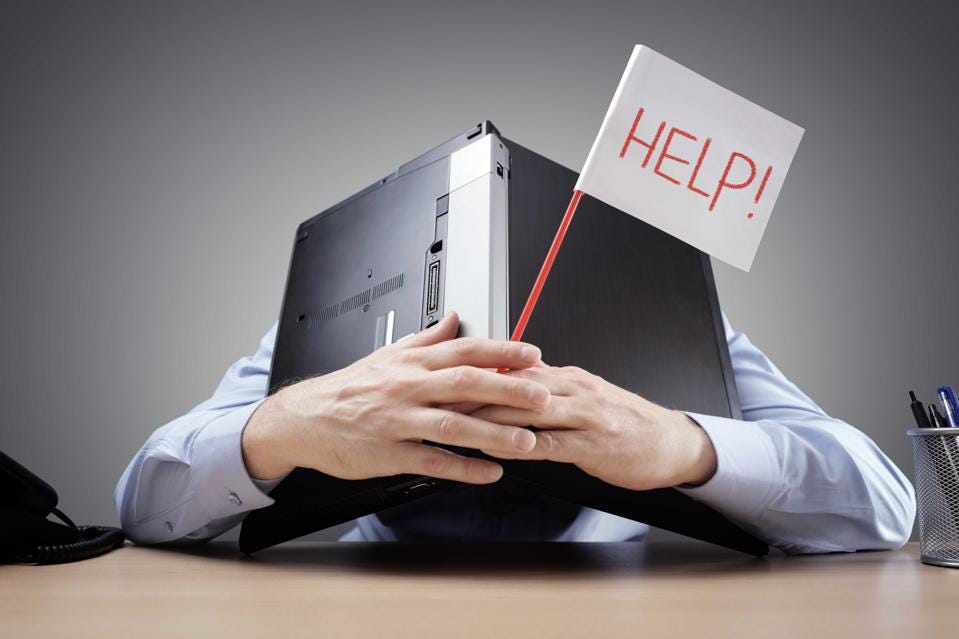Portugal passed law prohibiting contact with employees outside of regular hours
A poll conducted by Fasthosts has revealed that seven in 10 Brits receive one to 10 emails out of working hours every single day.
The pandemic has resulted in millions of people working from home and has made ‘switching off’ difficult. The right to disconnect in France has been law for six years, and Ireland has brought in a similar code of practice under which employers should include reminders in their emails to employees indicating no requirement to reply out of working hours. In late 2021 Portugal also passed a law prohibiting employers from contacting workers outside of their regular hours by phone, message or email.
Based on the research, a shocking 49.2% of respondents receive one to five work-related emails outside of their office hours while one in seven Brits receive up to 10 after-hours work emails per day! Shockingly, 67% of Brits generally reply to after-work emails, while 16% say they always reply no matter what.
Fifty percent of respondents admitted that receiving after-hours work emails has a negative impact on their lives. It’s no wonder that the poll found that 46% of people in the UK experienced or felt on the verge of burnout in 2021, based on various studies.
Specifically, Brits voted that the after-work emails make them feel like they’re always at work (19.4%), like they have no time for themselves (17.6%) and their family (15.1%) and are concerned that if they don’t reply it would affect their career (11.3%).
One question in the survey asked if there should be a law in the UK restricting after-hours work emails with over four in ten (43.5%) agreeing that there should be one in place, with most of them being women!
Millennials are the most affected and women receive more emails compared to men
Based on the findings, women receive more work-related emails after work, compared to men (51.3% and 47.1% respectively). Despite this, the poll revealed that both genders felt as if they were always at work whereas men felt that they are more likely to have no time for themselves or family, while women felt the pressure to work all the time or that not replying could affect their career.
There is a significant shift in the working environment with policies that promote a healthier work-life balance amid the rise of remote working. With more countries banning employers from contacting their employees outside their shift hours, maybe the UK will follow. Our study showed that many Brits receive after-hours emails which affect them in their personal lives and as a result, most of them believe that there should be legislation aimed at minimising this problem.










